There is no better time to show to one another the sacrificial love of Jesus has for us than during the month of February for it is not only the month we celebrate love on Valentine’s Day but also the month that we celebrate black history.
Black History Month originally started as “Negro History Week” by Carter G. Woodson and Jesse E. Moorland in 1926. They chose the second week of February to “coincide with the birthdays of Abraham Lincoln and Frederick Douglass, inspiring celebrations by schools and in local communities. Negro History Week, after decades of mayors issuing proclamations recognizing it, evolved into Black History Month in the 1960s, fueled by the Civil Rights Movement.
Themes for Black History month have been endorsed by every President since 1976. The theme for 2021 is Black Family: Representation, Identity and Diversity. Black History is also celebrated in the United Kingdom and Canada, among other countries.
This month, I would like to explore the sacrificial love that was shown to enslaved and oppressed black Americans by those who already enjoyed liberty.
Stand Up for What is Right
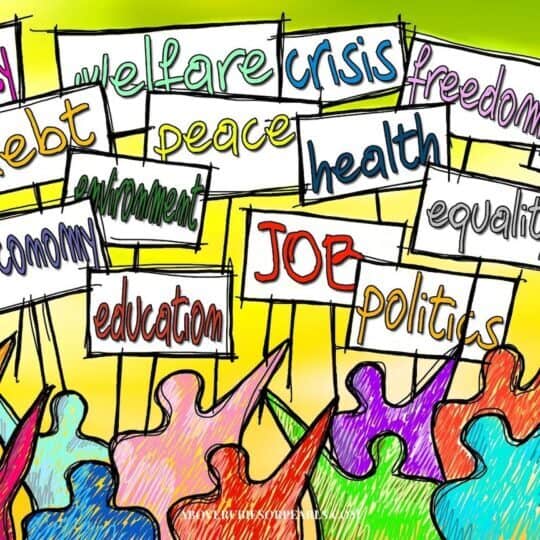
God expects us to stand up for what is right. We got to see this firsthand during the George Floyd protests last summer. An even better example, though, comes from the Quakers during the abolitionist movement. In 17th century England, George Fox founded the Religious Society of Friends, which came to be known as the Quakers when they embraced what was supposed to be an insulting nickname for their belief in the scripture that people should “tremble at the Word of God.”
He and other early Quakers, or Friends, were persecuted for their beliefs, which included that the presence of God exists in every person.
The Quakers viewed abolition as a Christian duty and were the first group to organize in an effort to abolish slavery under the leadership of Isaac T. Hopper, a Quaker abolitionist who put a system into place to help escaped enslaved people in Philadelphia. Simultaneously, and perhaps more importantly, Quakers in North Carolina formed groups that created routes and shelters for those planning to escape; they laid the foundation for what became known as the Underground Railroad.
“He has shown you, O man, what is good; And what does the LORD require of you But to do justly, To love mercy, And to walk humbly with your God?”
– Micah 6:8 NKJV
Treat Others the Way You Want to Be Treated
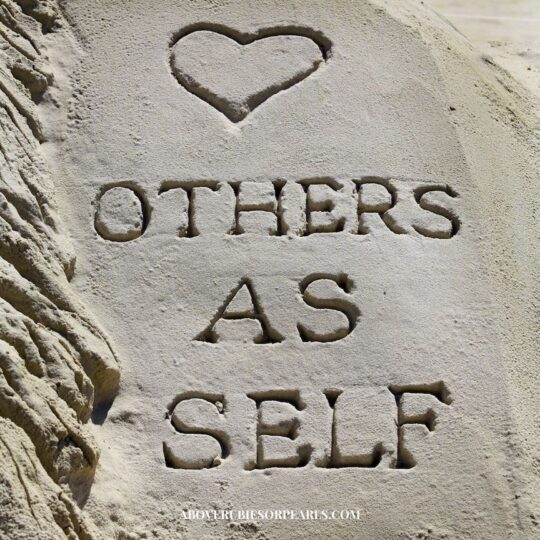
This is such a simple command to follow. Jesus teaches us this rule, and in order to be able to follow it, we must first make sure that we understand how we ourselves should be treated, and in that way, we will be able to treat others right. We have to know the love God has for us, and we have to believe it and receive it. Then we will be able to love our neighbors as ourselves.
A good example of this comes from the African Methodist Episcopal (AME) Church, which was founded in 1794 because of the discrimination Black Methodists encountered at Methodist churches at the time. Richard Allen, Absalom Jones, and other members of the Free African Society made plans to convert the society into the African Methodist Episcopal Church after some of the members witnessed blacks being prevented from praying by the clergy at St. George’s Methodist Episcopal Church.
Clergy sought out the enslaved who were newly freed in the Confederate states and brought them in as members of the AME denomination, growing it 400,000 by 1880. This after the popular sermon, “I Seek My Brethren” was used to spread the Gospel to blacks in the south.
“Treat others the same way you want them to treat you.”
– Jesus (Luke 6:31 AMP)
Bear One Another’s Burden
God expects us to help each other through trials and tribulations. We all go through hard times and when we see that someone is going through a difficulty, we are supposed to help carry them through.
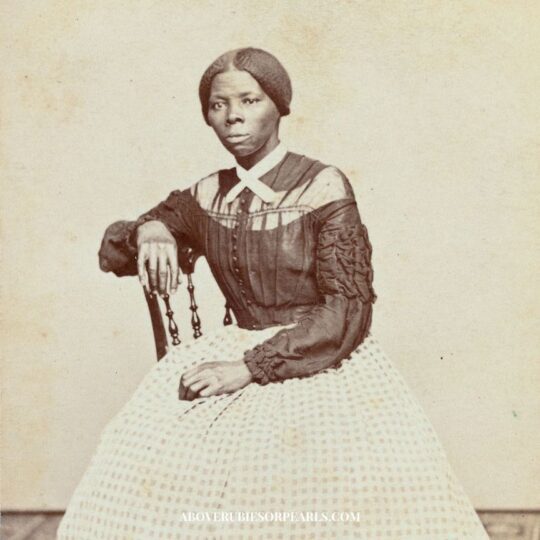
No one did this better than Harriet Tubman! After she escaped slavery, she did not forget about her family members and friends who were still in bondage. She risked her own freedom and safety to return to rescue other people. Over the course of a decade, the famous conductor of the Underground Railroad returned 19 times to the south, helping lead about 70 enslaved people to freedom.
“I never ran my train off the track and I never lost a passenger.”
– Harriet Tubman
Harriet then went to work as a Union spy in 1861 while she was in South Carolina with a group of abolitionists assisting enslaved refugees. She surveyed enemy territory which the Union soldiers used to raid Combahee Ferry in 1863. During the raid, Tubman helped rescue 700 enslaved people while under enemy fire from plantations that were nearby.
“Carry one another’s burdens and in this way you will fulfill the requirements of the law of Christ [that is, the law of Christian love].”
– Galatians 6:2 AMP
It is one thing to join a crowd of people to protest a cause, but coming alongside someone in need is love in action. Who can you show brotherly love to this month? How can you put love into action? Please comment below.
Until next time,

“A new commandment I give to you, that you love one another; as I have loved you, that you also love one another. By this all will know that you are My disciples, if you have love for one another.”
– Jesus (John 13:34-35 NKJV)
See Related Posts:
Pin it!

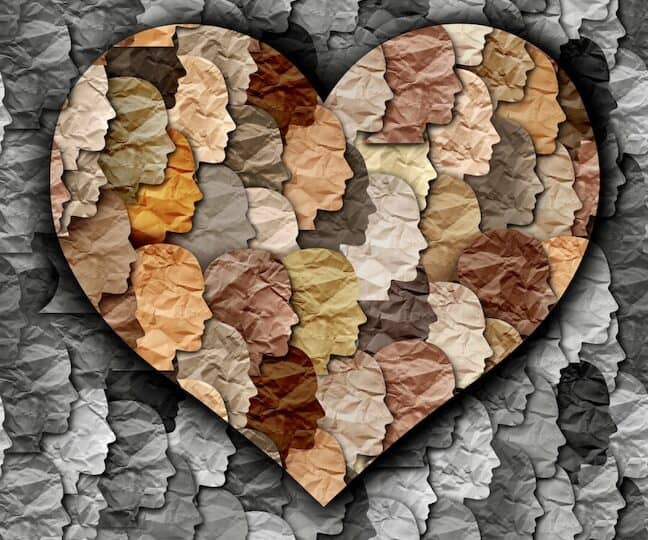
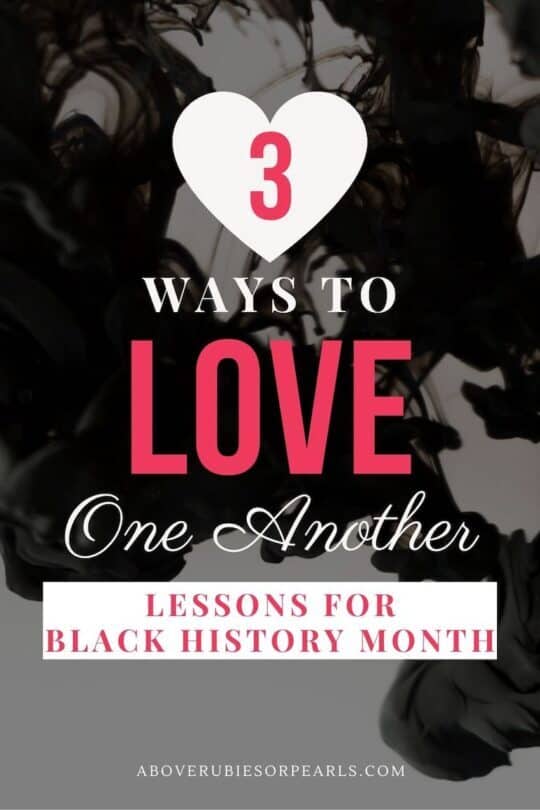
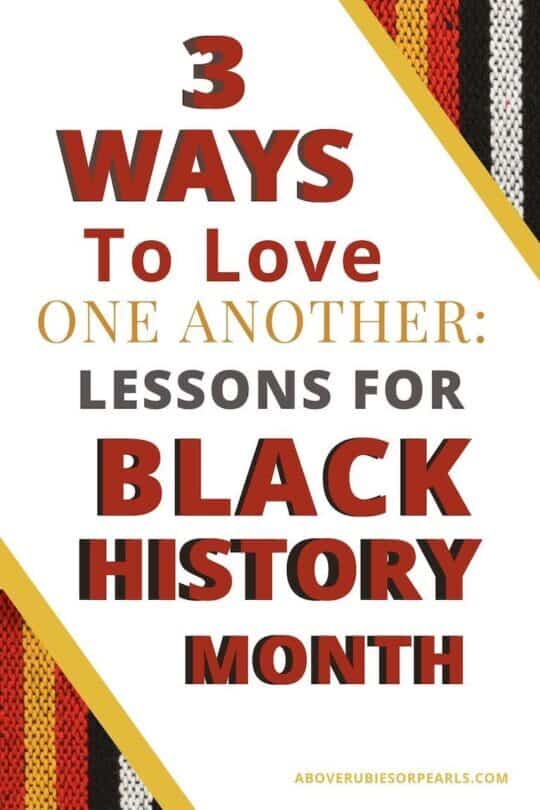
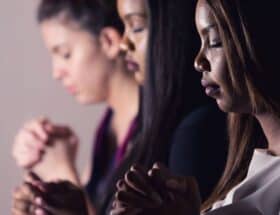









Beautiful Post. Great information and advice. As a Social worker, promoting diversity and inclusion is so important. I’m learning that rather than treating others the way I’d like to be treated, it’s better practice to ask others how THEY would like to be treated. Everyone is different and we should celebrate those differences and really get to know people.
Thank you so much! And that is true that people have different standards for how they would like to be treated, some of which is because they do not know how they should be. Open communication is a good thing. 🥰🙏🏽
This post was very insightful and has really taught me some new things today. I especially loved the paragraph ‘bear another one’s burden’. Couldn’t agree more. Thank you! Love, Susanne
Thank you, Susanne, I am so glad my post gave you some new insights! Bearing each other’s burdens is so important; we are all in this together. ❤️